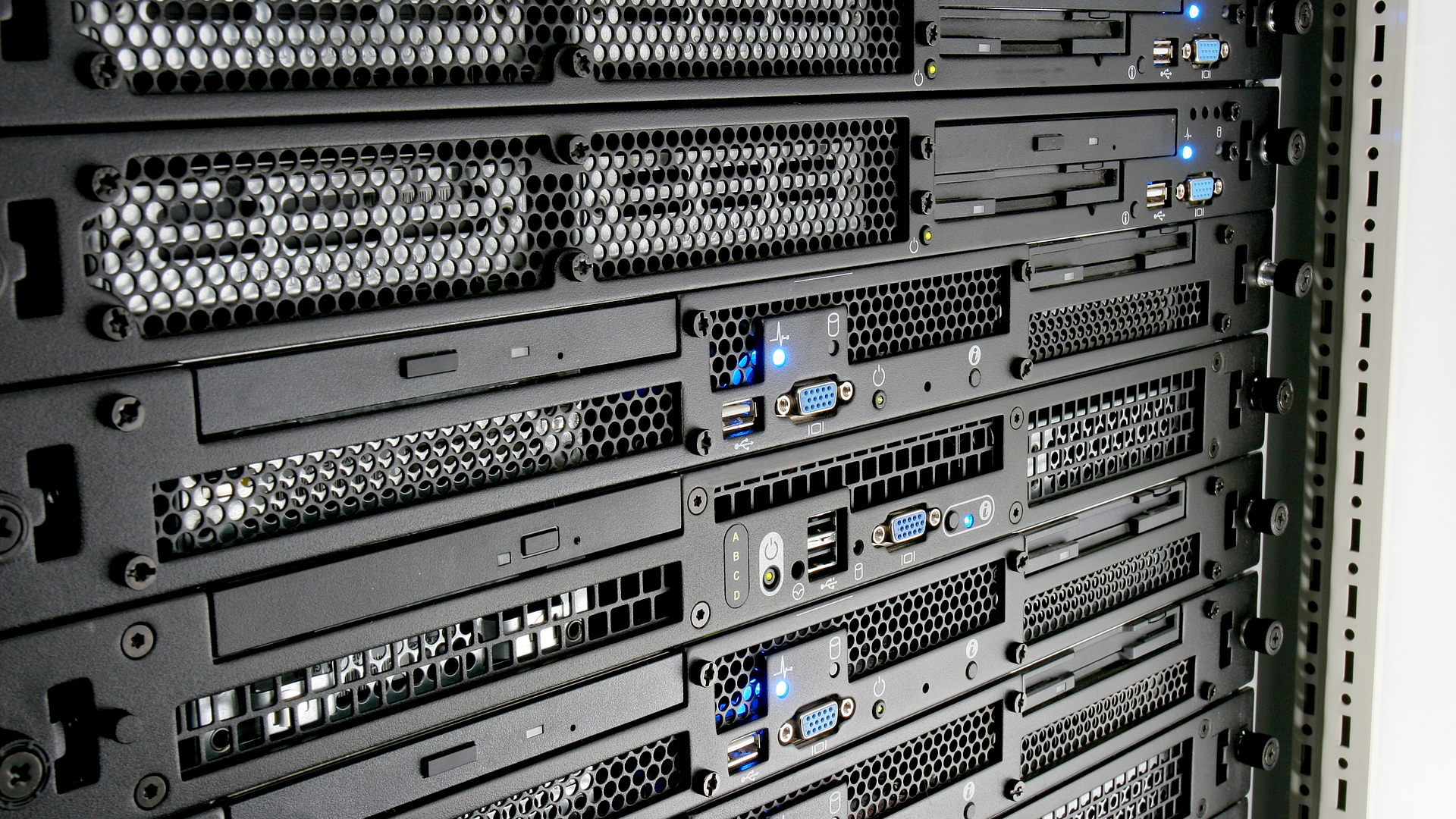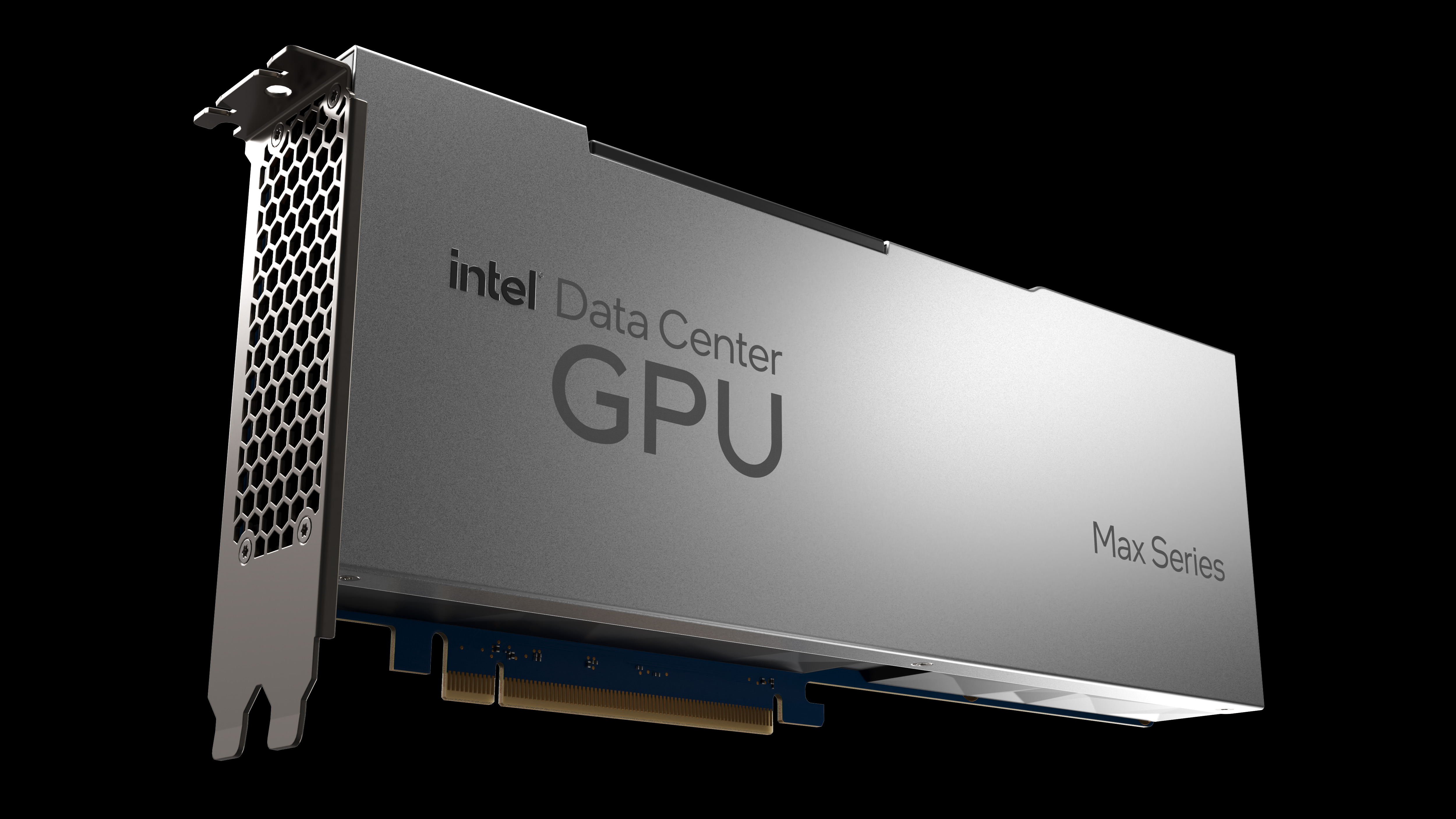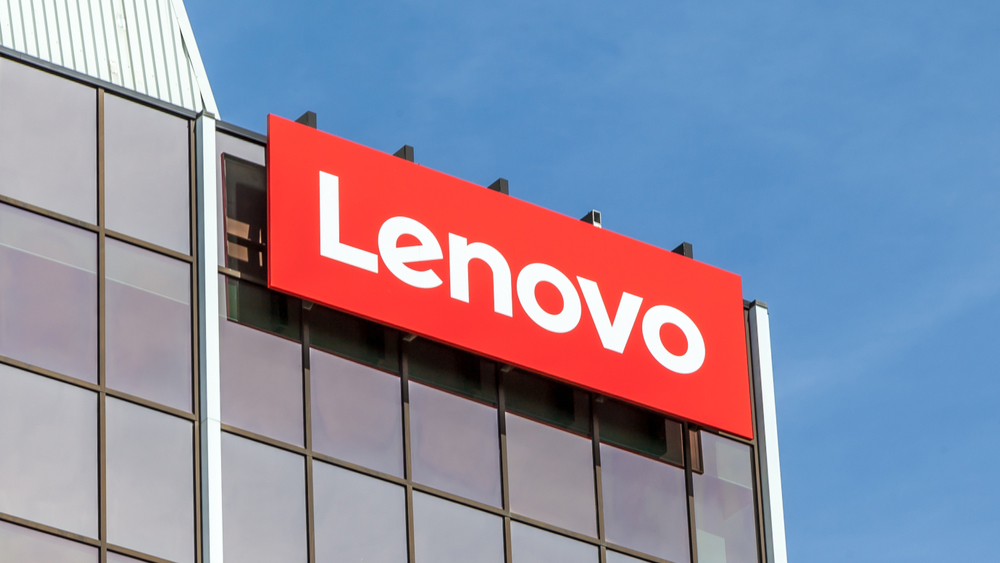ARM-fitted supercomputer now the most powerful in the world
The Japanese Fugaku supercomputer is the first ARM-powered system to lead the TOP500 benchmarking index


The TOP500 benchmarking index of the world’s most powerful supercomputers has been topped for the first time with a system powered by an ARM processor.
Fugaku, which is fitted with Fujitsu’s 48-core A64FX SoC, has achieved the number-one spot in the latest edition of the TOP500 register.
Peak performance of this system reached over 1,000 petaflops in single or further reduced precision, often used in machine learning and AI applications. On the HPL benchmark, Fugaku reached 415.5 petaflops, versus the 148.6 petaflops of second-placed IBM-built Summit supercomputer.
The news has emerged just as Apple announced it’ll be launching its own custom-built ARM-powered Macs by the end of 2020, promising major performance improvements. The company confirmed at its WWDC keynote this week that the custom ‘Apple Silicon’ will give Macs higher-performing GPUs, improved power efficiency and higher per-watt performance.
The ARM-powered Fugaku system is installed at RIKEN Center for Computational Science (R-CCS) in Kobe, Japan, and is part of a national plan to address social and scientific challenges, including the search for COVID-19 treatments.
The supercomputer, which is set to be fully operational by April 2021, is already being used to run simulations of how the virus can spread, as well as helping with the effort to fight the pandemic, according to RIKEN.
IBM’s Summit supercomputer, which is equipped with two 22-core Power9 CPUs and six NVIDIA Tesla V100 GPUs, ranked second on the benchmarking index and remains the fastest supercomputer in the US. This is based at Oak Ridge National Laboratory (ORNL) in Tennessee.
Get the ITPro daily newsletter
Sign up today and you will receive a free copy of our Future Focus 2025 report - the leading guidance on AI, cybersecurity and other IT challenges as per 700+ senior executives
This is followed by the California-based Sierra, which boasts a similar architecture to Summit, powered with two Power9 CPUs and four NVIDIA Tesla V100 GPUs.
The 55th edition of the bi-annual TOP500 list was also notable for aggregate performance surging from 1.65 exaflops six months ago to 2.23 exaflops now. The majority of that increase was as a direct result of the new number-one Fugaku supercomputer.
China, meanwhile, continues to dominate the list in terms of the number of systems, with 226 supercomputers occupying positions of the 500, predominately developed by Lenovo. This is followed by the US, with 114, and Japan in third place with 30.
Although China dominates in terms of count, the US still edges out its rival in terms of aggregate performance, with 664 petaflops versus China’s 565 petaflops. Despite the Fugaku supercomputer, Japanese systems only reached an aggregate 478 petaflops.

Keumars Afifi-Sabet is a writer and editor that specialises in public sector, cyber security, and cloud computing. He first joined ITPro as a staff writer in April 2018 and eventually became its Features Editor. Although a regular contributor to other tech sites in the past, these days you will find Keumars on LiveScience, where he runs its Technology section.
-
 AI is helping bad bots take over the internet
AI is helping bad bots take over the internetNews Automated bot traffic has surpassed human activity for the first time in a decade, according to Imperva
By Bobby Hellard
-
 Two years on from its Series B round, Hack the Box is targeting further growth
Two years on from its Series B round, Hack the Box is targeting further growthNews Hack the Box has grown significantly in the last two years, and it shows no signs of slowing down
By Ross Kelly
-
 Google claims its AI chips are ‘faster, greener’ than Nvidia’s
Google claims its AI chips are ‘faster, greener’ than Nvidia’sNews Google's TPU has already been used to train AI and run data centres, but hasn't lined up against Nvidia's H100
By Rory Bathgate
-
 £30 million IBM-linked supercomputer centre coming to North West England
£30 million IBM-linked supercomputer centre coming to North West EnglandNews Once operational, the Hartree supercomputer will be available to businesses “of all sizes”
By Ross Kelly
-
 How quantum computing can fight climate change
How quantum computing can fight climate changeIn-depth Quantum computers could help unpick the challenges of climate change and offer solutions with real impact – but we can’t wait for their arrival
By Nicole Kobie
-
 “Botched government procurement” leads to £24 million Atos settlement
“Botched government procurement” leads to £24 million Atos settlementNews Labour has accused the Conservative government of using taxpayers’ money to pay for their own mistakes
By Zach Marzouk
-
 Dell unveils four new PowerEdge servers with AMD EPYC processors
Dell unveils four new PowerEdge servers with AMD EPYC processorsNews The company claimed that customers can expect a 121% performance improvement
By Zach Marzouk
-
 Intel unveils Max Series chip family designed for high performance computing
Intel unveils Max Series chip family designed for high performance computingNews The chip company claims its new CPU offers 4.8x better performance on HPC workloads
By Zach Marzouk
-
 Lenovo unveils Infrastructure Solutions V3 portfolio for 30th anniversary
Lenovo unveils Infrastructure Solutions V3 portfolio for 30th anniversaryNews Chinese computing giant launches more than 50 new products for ThinkSystem server portfolio
By Bobby Hellard
-
 Microchip scoops NASA's $50m contract for high-performance spaceflight computing processor
Microchip scoops NASA's $50m contract for high-performance spaceflight computing processorNews The new processor will cater to both space missions and Earth-based applications
By Praharsha Anand